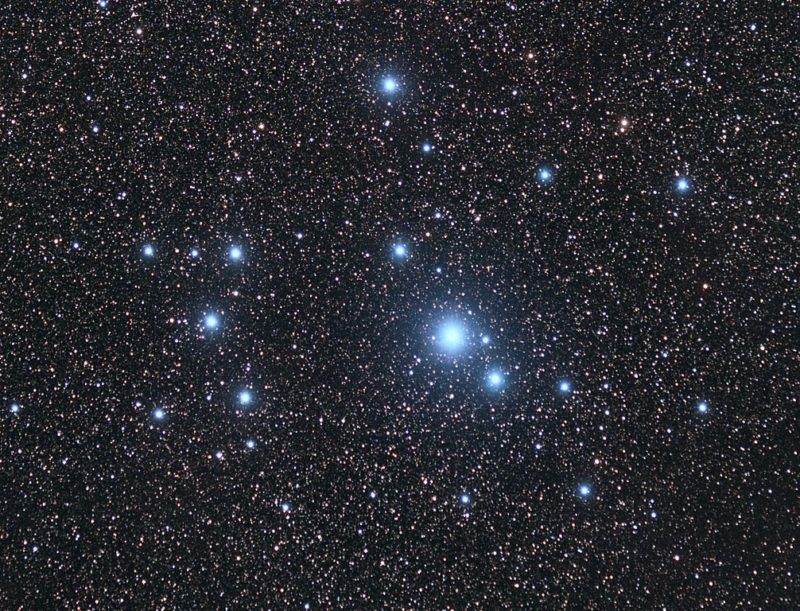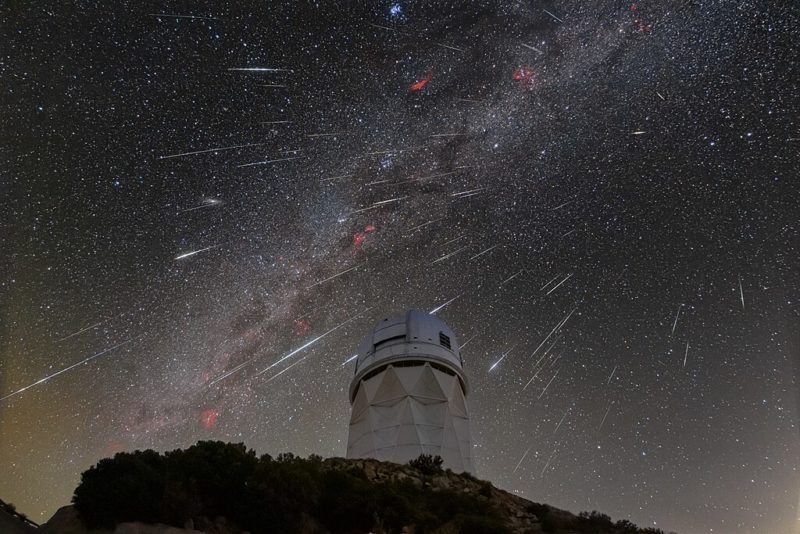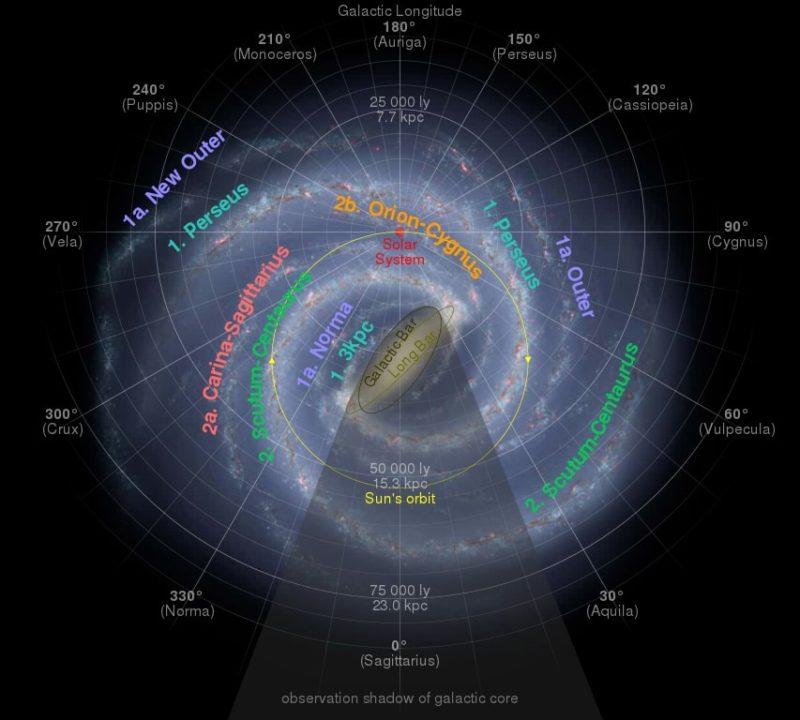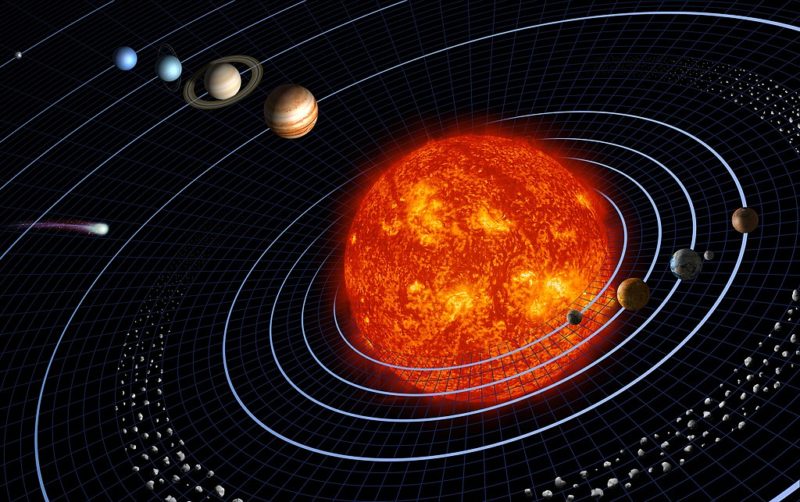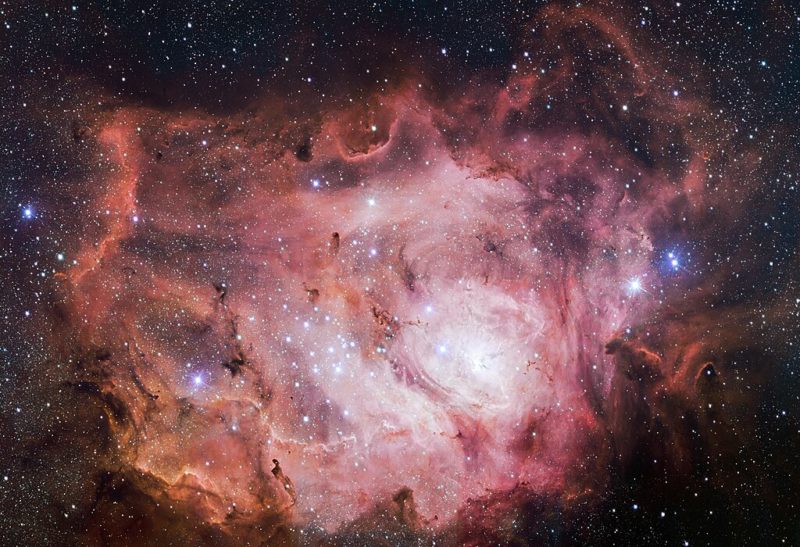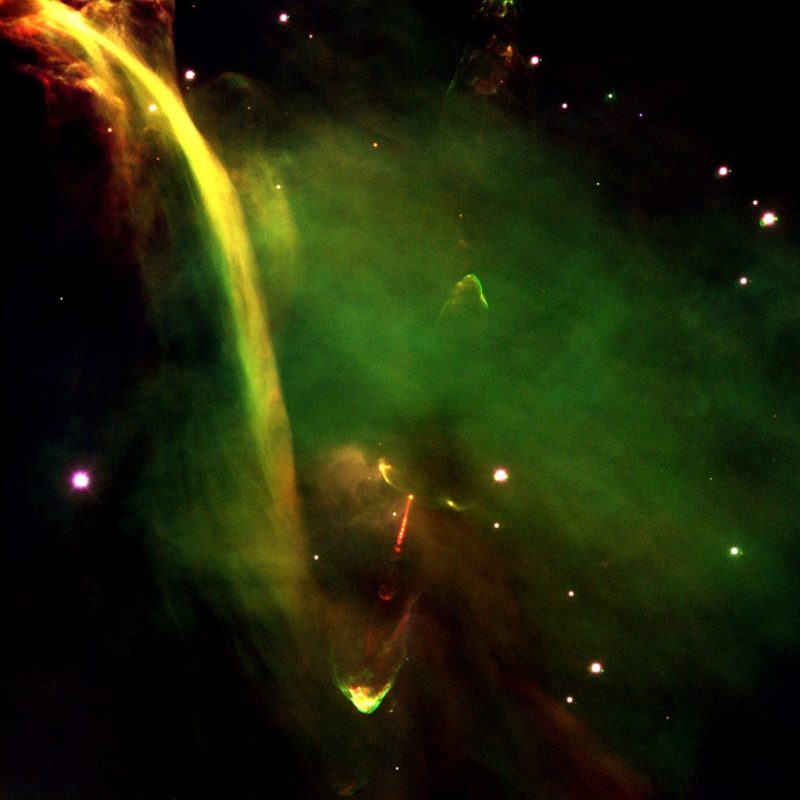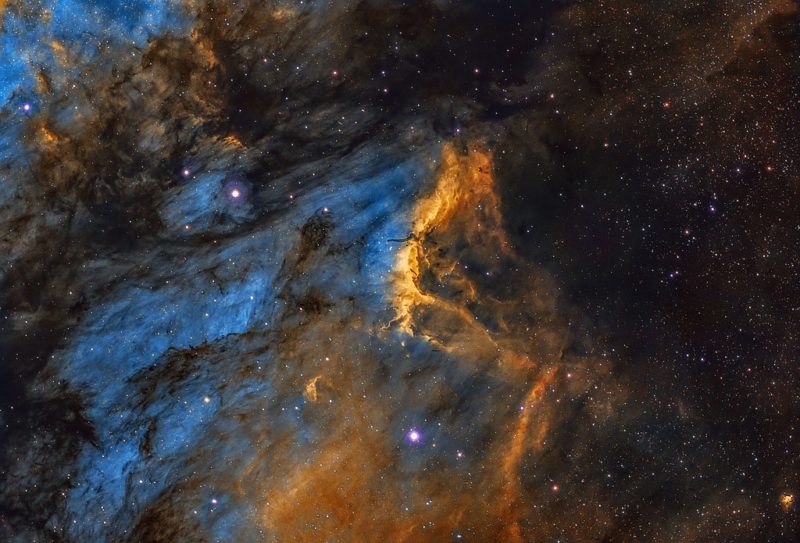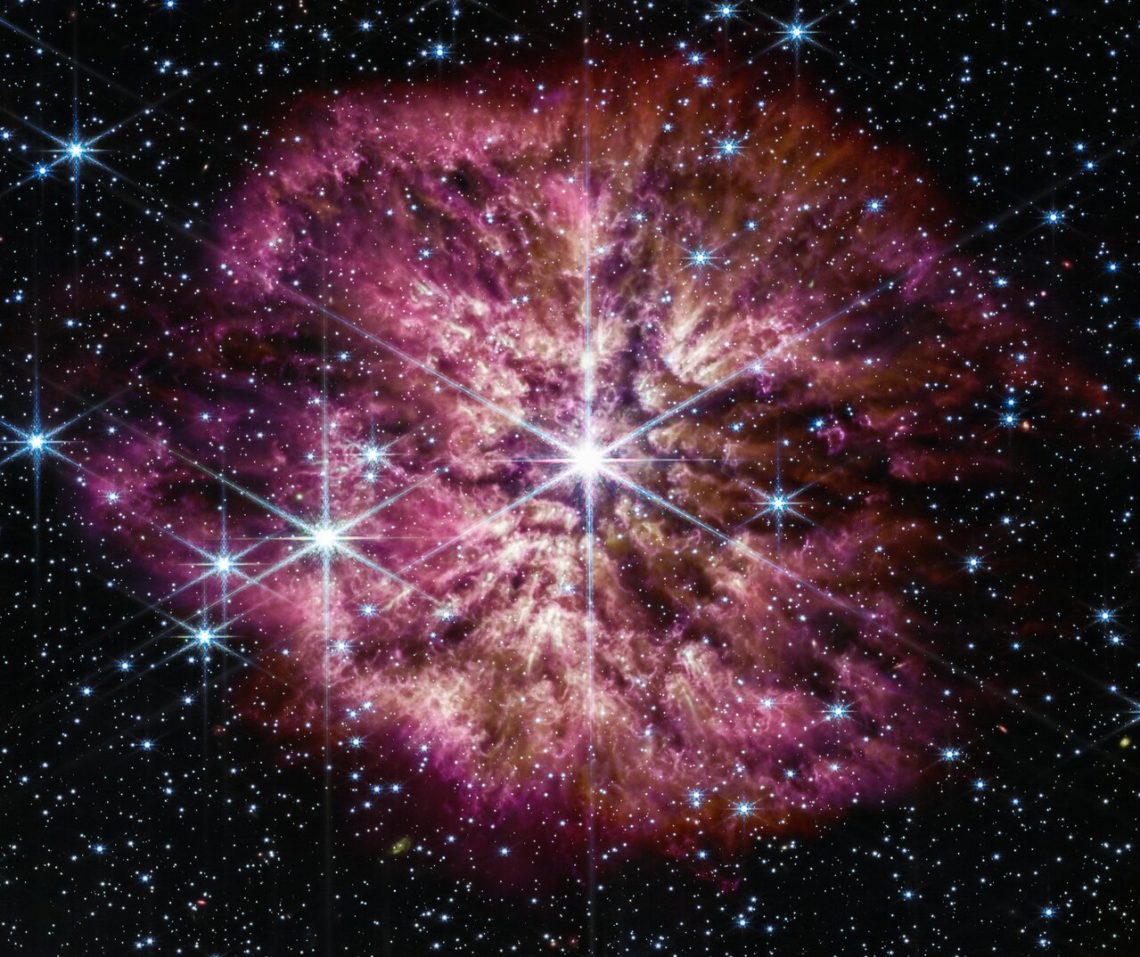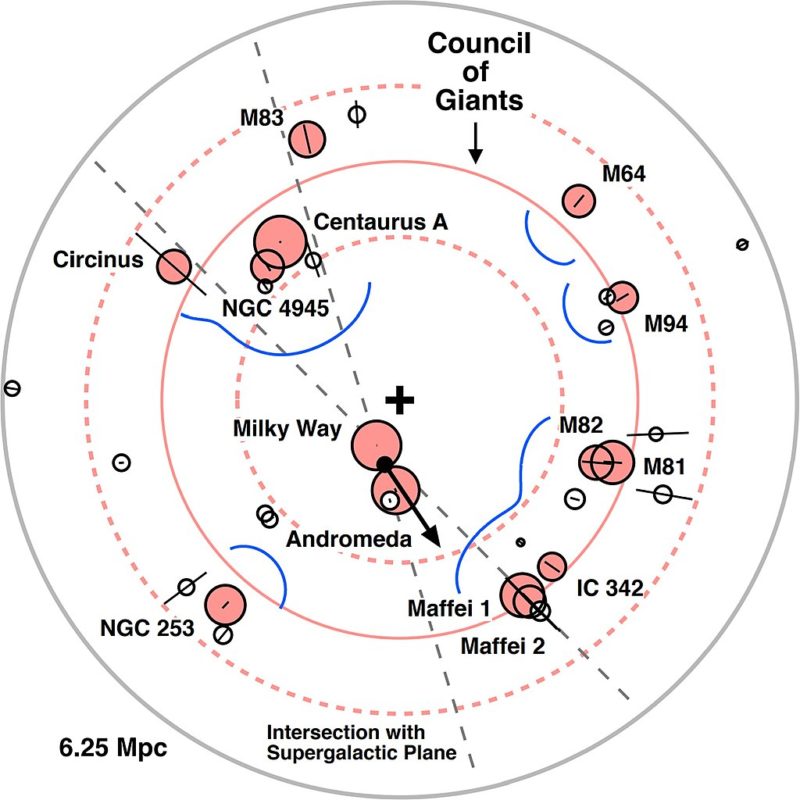Stargazing Calendar for April 2024
Discover the celestial marvels of stargazing in April 2024 with a total solar eclipse, the Lyrid meteor shower, and the perihelion of a comet.
Stargazing Calendar for March 2024
Explore the celestial spectacle of March 2024 with our stargazing guide and astronomy calendar. Discover the wonders awaiting in the night sky this month!
Stargazing Calendar for February 2024
Discover the celestial wonders awaiting you in stargazing this February 2024. Explore planetary conjunctions, comet sightings, and more in this captivating astronomical journey.
Meteor Showers in 2024
Don't miss the celestial show of meteor showers in 2024! Witness the night sky come alive with shooting stars in this breathtaking cosmic display.
Carina-Sagittarius Arm of the Milky Way Galaxy
Explore the mysteries of the Carina-Sagittarius Arm in the Milky Way, a minor spiral arm revealing unique celestial features and offering insights into the galaxy's dynamic structure.
Hill Sphere: Discover the Gravitational Realm of a Celestial Body
Uncover the gravitational dynamics of celestial bodies within and beyond Hill spheres, revealing insights into practical applications and cosmic phenomena.
NGC 6523: A Close Look at the Lagoon Nebula
Explore the captivating Lagoon Nebula (NGC 6523) in Sagittarius, unveiling unique structures and ongoing star formation mysteries in this celestial gem.
What Are Herbig-Haro Objects
Unlock the secrets of Herbig-Haro objects – cosmic signposts revealing the dynamic birth of stars. Explore their unique properties and significance in shaping our understanding of mass loss, shockwave physics, and the early stages of star formation.
Pelican Nebula Unveiled: A Stellar Odyssey through Cygnus
Explore the Pelican Nebula: a celestial marvel with a unique shape, ionized hydrogen, and newborn stars. Discover its role in the Milky Way's cosmic tale.
What Is a Wolf-Rayet Star?
Uncover what is a Wolf-Rayet star. Explore their extreme temperatures, massive scale, and significant role in shaping the galactic landscape. Join us in unraveling the mysteries of these celestial giants.
Pickering’s Triangle: Unveiling the Beauty of Stellar Remnants
Discover Pickering's Triangle: a stunning cosmic remnant within the Veil Nebula, offering a mesmerizing glimpse into the aftermath of a supernova explosion in Cygnus.
What Is the Council of Giants?
Embark on a cosmic journey through the Council of Giants, exploring the enigmatic structures and active cores of giant galaxies in the Local Sheet. Witness the dynamic evolution shaping these celestial wonders within our cosmic neighborhood.


